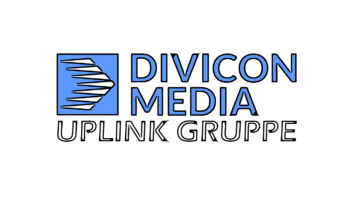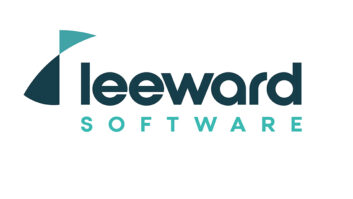A merger of the nation’s only two subscription radio companies is a bad idea.
We’ve made this point but we feel compelled to reiterate it in the wake of wearisome arguments between the camps as well as endless prognostications by financial analysts as to the likelihood of regulatory approval. (At this writing, neither the FCC nor Justice Department have ruled, although anecdotal reports indicate those bodies may be leaning in favor.)
Admittedly it’s diverting to watch broadcasters, XM and Sirius fling snark at each other and express through their press releases how shocked they are — simply SHOCKED — at the arguments and tactics used by the opposing camp.
“The NAB will stop at nothing to block the merger and stronger competition for terrestrial radio, including resorting to misrepresentation,” the merger advocates charge.
“XM and Sirius have spent upwards of $20 million trying to bamboozle the Beltway into believing that a monopoly is good for consumers,” says NAB.
Fun!
What’s troubling is how many people think this decision should boil down to whether satellite services compete with traditional broadcast.
It’s ridiculous to argue that traditional and satellite radio don’t compete. These are sibling media that do compete for listenership.
But broadcasters shouldn’t accept combat on this particular field of battle; it’s the wrong argument. Broadcasters do compete with satellite; satellite and radio compete with iPods; iPods with cellphones with Internet in the car with new media ad nauseum. It’s not possible to define these as utterly separate markets.
The argument here should be one of fairness. Any form of media regulation must ultimately involve arbitrary decisions; but when such regulation is deemed necessary, we must follow it to its reasonable outcome. If we accept the regulation to begin with, we must accept its consequences.
The valuable satellite spectrum was allocated by the FCC, which decided that two, and only two, companies could use it. Those companies enjoyed protection against competition for years while they labored to start up; their niche continues to be protected against new entrants by FCC fiat.
XM and Sirius accepted the spectrum on that basis and promised to use it to advance new services — despite the opposition of existing media companies as well as the pleas of other hopeful new satellite applicants. And the two companies have used the spectrum well, to their great credit.
But they now apparently can’t continue to operate under those assumptions — or, if they can, they don’t want to. So they seek to change the ground rules under which they were granted this precious access while protected from direct competition, arguing that the competitive media landscape has changed dramatically since 1997.
(Well if the competitive marketplace has changed in 10 years, it has certainly changed in the century since good ol’ radio has been around. By that argument, we can now do away with all radio merger restrictions. Total free markets!)
Seriously, though: Would the FCC and DOJ have approved a one-company satellite radio monopoly a decade ago? Certainly not. Would regulators have approved a two-company satellite service if they had known the two would merge within a decade? We feel confident the answer is no.
These answers suggest to us a proper outcome. Reject the merger; lacking that, delay the merger while erasing restrictions on competition to the newly merged entity.
We’re fans of satellite. We argued in favor of the service when it was proposed; it’s indisputable that these aggressive program competitors have forced traditional radio to start to rethink its business models. Often we find ourselves slapping our foreheads at the latest announcement from programmers at Sirius or XM, asking ourselves “Why didn’t broadcasters think of that?”
But we find no compelling reason to change the assumptions established by regulators when the services were approved. And we reject the argument that combining the country’s only two paid satellite radio services will result in better service to consumers. That, too, is ridiculous on its face. Monopolies within protected industries degrade, they do not improve, benefits to consumers. If the merger is approved, we predict higher prices and fewer program choices. Satellite’s many fans will regret the decision in a few short years.
— RW












